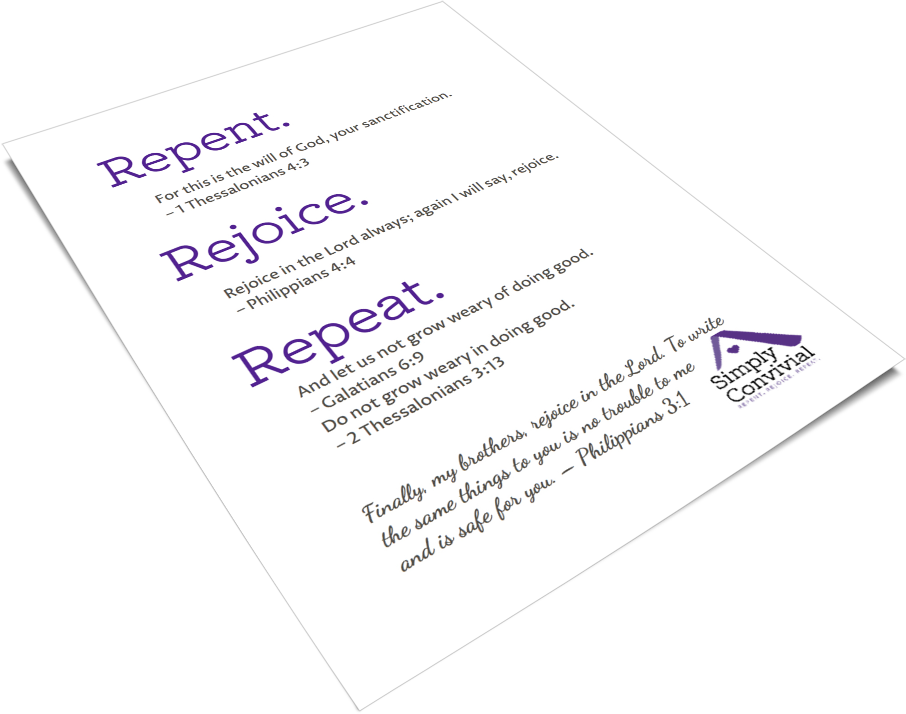
Homemakers and Mothers as Artisans
Over the years I’ve seen and read many perspectives on “professional motherhood.” For a time, considering myself a professional made a lot of sense and appealed to me. Sitting around in my pajamas wasn’t going to cut it; I had a job I was responsible to accomplish. Professional also implies deliberate and intentional duty-fulfillment: a professional shows up even if he doesn’t feel like it. There are a lot of subtle ways moms can go through the motions without “showing up,” and I knew I needed to get over that.
However, amateur also has its appeal. The root of the word is in a “lover,” someone who does something out of love rather than for profit. Unfortunately, the word now implies someone who isn’t very good at what they do – no one would pay them for their work.
Love is the right motivation, and loving what you do will keep us going – keep us “showing up” – even when it’s hard.
So which is the best paradigm for a mother at home? Are we amateurs or professionals? Are we intentional and deliberate and competent? Professional. Are we engaging in our work out of love – not only for the people, but even for the work itself? Amateur. Are we cold and calculating and looking for what we can get for ourselves out of our chosen life? Professional. Are we not particularly skilled nor seeking to become so? Amateur.
Is there a third option?
Artisan
Can we be artisans?
ar·ti·san [ahr-tuh-zuhn]
noun
1. a person skilled in an applied art; a craftsperson.
2. a person or company that makes a high-quality or distinctive product in small quantities, usually by hand or using traditional methods.
Artisan combines the skill, competence, and confidence of the professional with the dedication, affection, and attention of the amateur.
During the Middle Ages, the term “artisan” was applied to those who made things or provided services. It did not apply to unskilled labourers. Artisans were divided into two distinct groups: those who operated their own businesses and those who did not. Those who owned their businesses were called masters, while the latter were the journeymen and apprentices.
Homemakers and stay at home mothers begin defining themselves as professionals because we live in a world that values economics more than homes and families and people. We want to be taken seriously. We want to at least assure ourselves that our work is meaningful.
It is. It is work – not to mention a contribution to society – whose demands and rewards are high no matter the state of the economy or the type of society.
An artisan or craftsman is a skilled manual worker who makes items that may be functional or strictly decorative, including furniture, sculpture, clothing, jewellery, household items and tools or even machines such as the handmade devices of a watchmaker. An artisan is therefore a person engaged in or occupied by the practice of a craft, who may through experience and talent reach the expressive levels of an artist using his hands, mind and heart in his work and what he creates.

Artisanal work does by hand and with attention what people now expect to be done by factory. It is more costly, more valuable work. Instead of following a formula, the artisan practices an art, leaving her own mark on all she does. Artisan captures the flair and independence of the amateur with the savvy and proficiency of the professional.
Let us do each bit of work as perfectly as we know how, remembering that each thing we turn out is a bit of ourselves, and we must leave it whole and complete, for this is Integrity. – Charlotte Mason
Not only does an artisan’s work involve her hands, mind, and heart all together, but its variations among artisans (or even between batches) is part of the charm and evidence of its quality. Here, then, is a paradigm with both high standards and plenty of grace. Every effort is unique. By considering ourselves as artisans and our work a traditional craft, then we are free to appreciate the differences in one another rather than feel threatened by them. We’re even able to appreciate the different seasons within our own lives.
Let’s approach our work with both skill and love, investing our whole selves in our responsibilities and bringing forth varied and valuable fruits.
Keep these truths in mind with this free printable.




